The Real 9/11 Conspiracy
Despite recent claims that U.S.-Saudi relations are strained, close ties between the two countries count for far more than uncovering what really happened on Sept. 11, 2001.Secretary of State John Kerry, center, poses with his Arab counterparts after a meeting in Saudi Arabia on Sept. 11, 2014. Kerry’s visit was aimed at pinning down Middle Eastern allies on what support they were willing to give to U.S. plans to beat back Islamic State, which had seized large chunks of Iraq and Syria. (Brendan Smialowski / AP)
Independent journalism is under threat and overshadowed by heavily funded mainstream media.
You can help level the playing field. Become a member.
Your tax-deductible contribution keeps us digging beneath the headlines to give you thought-provoking, investigative reporting and analysis that unearths what's really happening- without compromise.
Give today to support our courageous, independent journalists.
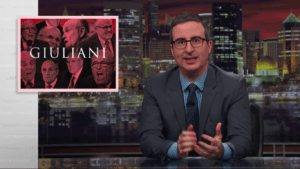
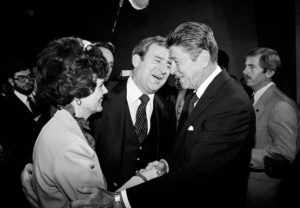
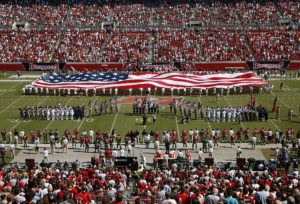
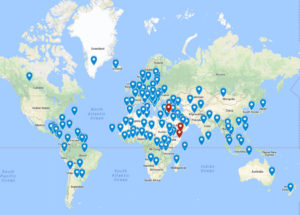
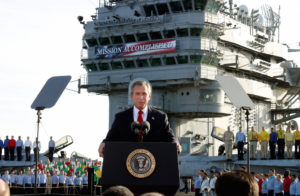
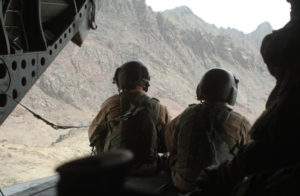
You need to be a supporter to comment.
There are currently no responses to this article.
Be the first to respond.